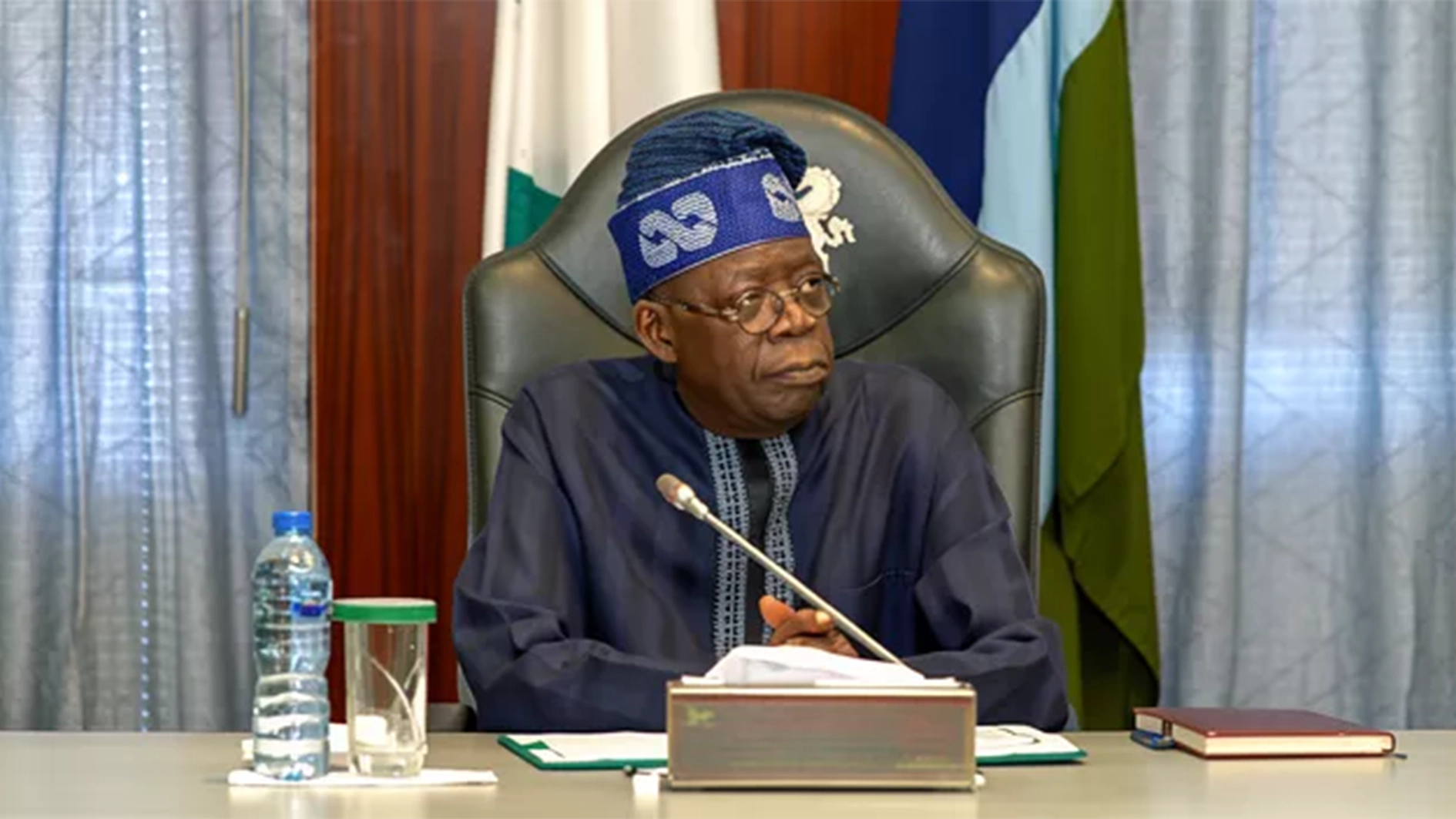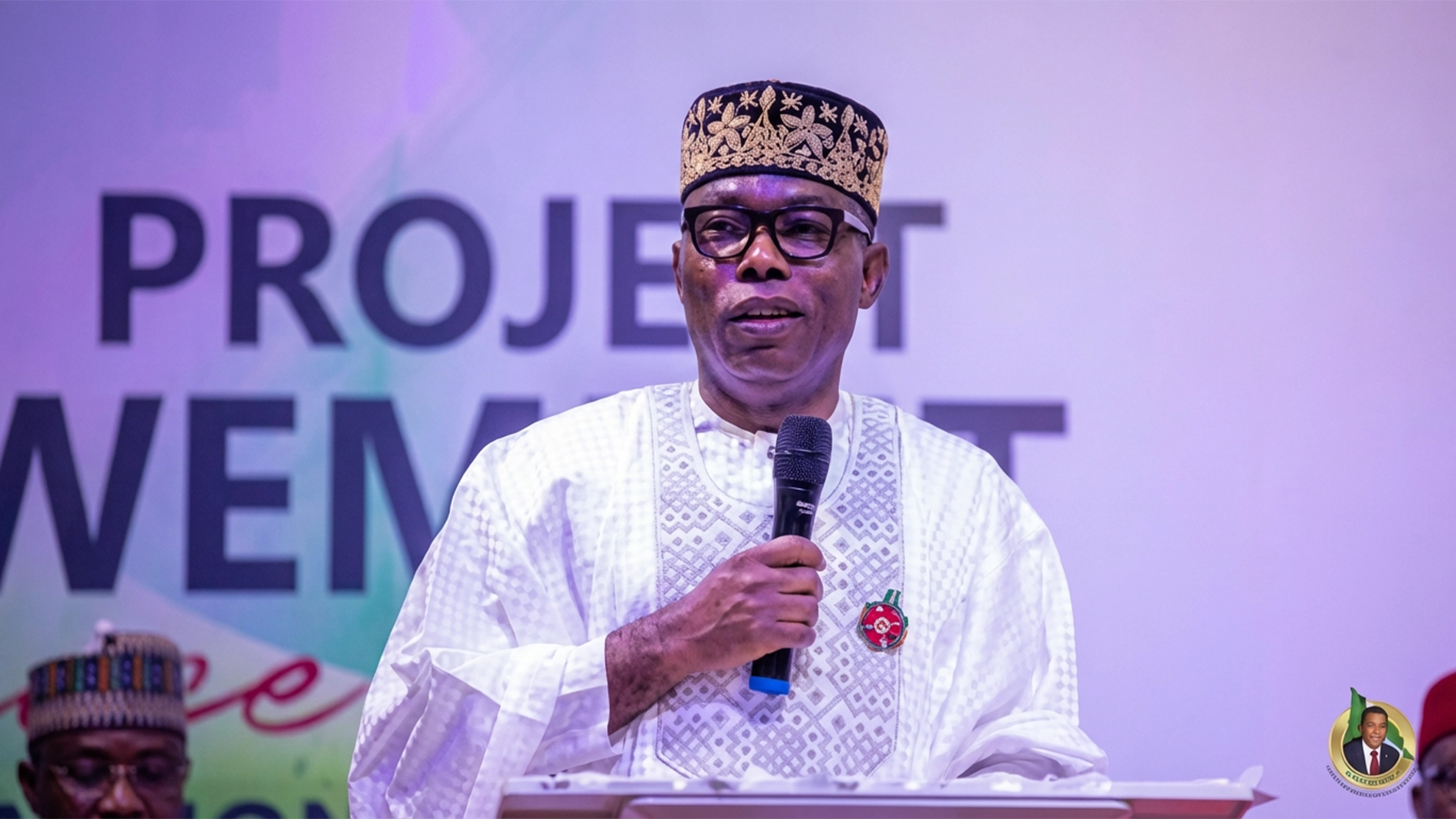
• Operators blame the weak macroeconomy, others
• Urge govt to tackle insecurity, provide tax incentives, reduce issuance cost
Rising issuance of Commercial Papers (CPs) in Debt Capital Market (DCM) over regular equities financing has become a source of worry to capital market operators, as stakeholders fear that the trend could worsen the drought of new issues that have bedeviled the equities market since the 2007/2008 global financial crisis.
Due to the relatively inactive state of the primary market debt issues, CPs have become the new trend in the primary market space. As of April 2021, there are 46 registered CP programmes on the platform of FMDQ OTC Securities Exchange worth N3.09 trillion in value.
CPs are short-term debt financing securities (no longer than 270 days in tenor) consisting of unsecured and discounted promissory notes issued by large corporations with good credit ratings, which can be readily traded.
Operators urged the government to initiate strategic policies that would grow businesses in the country and address challenges of hostile and inconsistent macro-economic policies and regulatory environments impeding the nation’s development.
This, according to them, would help tackle the persistent stock market volatility, restore the market to a sustainable rebound, and attract new issues to the nation’s bourse.
Head, FSL Securities, Victor Chiazor, said stock market regulators could attract more issues to the market with incentives such as reduction in transaction cost, the introduction of tax cuts and eliminating bottlenecks around application processes.
He pointed out that raising funds for project expansion and working capital through CP has become a faster and cheaper way for companies to get funding for their business when compared to the cost of raising such funds through the equities market.
Aside from its cost-efficiency, Chiazor said debt financing does not require the company to give up control of the company to investors as prerequisites for issuance.
According to him, the company also does not have to hold periodic meetings of shareholders and seek the vote of shareholders before taking certain actions unlike when they raise capital through the equities market.
Stark opacity and extreme market irregularities, which characterised the Nigerian CP market prior to the necessary release of the Central Bank of Nigeria (CBN) guidelines on the issuance and treatment of bankers’ acceptances and CP (2009) propelled a sharp decline of the then market from trillions worth to zero levels by 2013.
However, hope was rekindled for businesses looking to tap the debt market for short-term capital and investors looking to diversify their portfolios, as the FMDQ-championed CP market reform since 2014, which was predicated on the back of the CBN Guidelines, has contributed, in no small measure, to the revival of the activities in the CP market.
This has provided a renewed opportunity for issuers to grow their businesses and meet short-term funding obligations as well as restoring the much-needed confidence required by investors to actively participate in the market.
Some of the corporates that have turned to CP to raise funds include MTN Nigeria Communications Plc, which recently notified the Nigerian Stock Exchange of its successful issuance of the N100 billion series I & II notes CP programme.
In April, Flour Mills of Nigeria Plc announced the issuance of N30 billion (13 and 14), under its N100 billion CP programme, which was registered with the FMDQ OTC Plc. In the same month, United Capital Plc confirmed that it successfully raised N5.3 billion in a series one and two CP issuance, under its N20 billion programme registered with the FMDQ Securities Exchange.
Similarly, in the same period, Nigerian Breweries Plc informed the NSE of the continuation of its CP with the launch of series seven and eight of the programme, which aimed to raise up to a maximum of N48 billion to support the company’s short-term funding needs.
In the last 10 years, most stocks have been priced below their book values in the secondary market. This equally served as a disincentive to issuers, who normally issue stocks at a discount to the market.
Before 2008, the primary market for equities was an important hub of activities, and the persistent offering of new issues kept the tempo of market expansion and capital formation for the economy. The primary market is also where securities are created, while the secondary market is where investors trade those securities.
However, in recent times, the equities’ market has been standing on one leg. For instance in 2018, 10 years after the bloom, the value of new equities issued was a paltry N32 billion whereas, the value of shares traded in the secondary market was N1.2 trillion.
According to analysts, the overall weak macroeconomic scenario sustained negative market sentiments in the past few years, coupled with the tense socio-political space, which has not encouraged successful primary market activities.
Since the global financial crisis of 2008 to date, only six companies have approached the market for Initial Public Offering issuance.
However, the listing of Seplat Petroleum Development Company Plc., and Transcorp Hotels Plc., in 2015, ended several years of IPO drought in the capital market. While Seplat’s, a global IPO, was 100 per cent successful, Transcorp Hotels recorded only 50 per cent subscription.
After four years of zero record from 2015, the hope of a return of the era of IPOs was rekindled with the offer for sale of SAHCO Plc’s 406, 074, 000 ordinary shares of 50 kobo each at N4.65 per share in 2018. Since then, no company has approached the equities market for a new listing.
Vice President, Highcap Securities, Imafidon Adonri, said unless the government adopts policies that will guarantee security, reduces operating costs and provide world-class infrastructure, issuers can not approach the capital market to raise funds.
According to him, for the market to be suitable for raising capital, the socioeconomic environment must be enabling, stating that the attractiveness of an issue to investors depends on its profitability, liquidity and safety.
Adonri pointed out that when the economy is good, investors take more risks and their tendency to flock to equities is high. However, he noted that during economic gloom, investors run to the safety of debt for cover.
“Therefore, the economic situation determines which financial instrument will enjoy subscription from investors. Accordingly, Issuers are guided. There is competition between the Capital Market and Money Market in terms of attractiveness to the Issuer.”
The NGX had introduced several initiatives to attract new listings to the nation’s bourse. For instance, the launch of the Premium Board in 2015 was meant to showcase deserving companies that have met the highest requirements on liquidity, corporate governance, and sustainability.
The premium board offers issuers the benefits of greater visibility and opportunities to attract liquidity from impact investors and Sovereign Wealth Funds.
The exchange also launched its Corporate Governance Index (CG Index) to provide investors with additional data points and strengthen listed companies, by tracking their corporate governance practices.
The exchange also developed a co-branded index series with MSCI, a globally recognised index service provider.
This index could potentially generate higher-order flow into the market, as it showcases the index constituents on a respected, global platform with trusted index methodology. Issuers could leverage this initiative to attract sustainable funding for their growth objectives.
Besides the premium board, the exchange also created the Main and the Growth Boards. There is also the Alternate Securities Market (ASeM), which is a tailored market segment that provides high-growth SMEs with the opportunity to access equity finance at lower listing fees and requirements.
Chief Research Officer of Investdata Consulting Limited, Ambrose Omordion, said the government needs to re-strategise to address current macroeconomic concerns that are impeding the nation’s economic stability with a multiplier effect on the stock market.
According to him, focusing attention on the primary market for equities is long overdue since it is the principal avenue for direct investment in the economy, which is vital for sustainable development.
He stressed the need for the government to develop focused strategies that would economically empower indigenous firms and multinationals, as well as stimulate their investments’ interest.
“Government should make policies to encourage more listing to deepen the market to play its role of driving the economic development by providing a platform for long-term borrowing.
“Regulators should protect investors and collaborate with research companies to provide proper investment and financial education to attract more participants to the market,” Omordion said.
An independent investor, Amaechi Egbo, said raising commercial paper is less complicated because the company is not required to comply with state and federal securities laws and regulations.
He pointed out that the time frame required to raise capital through debt is shorter when compared to fundraising through the equities market due to regulatory requirements. He said because the lender does not have a claim to equity in the business in debt, it does not dilute the ownership interest in the company.
He argued further that in the issuance of commercial papers, the lender is entitled to only the repayment of the principal of the loan plus interest, and has no direct claim on future profits of the business.
However, Egbo said depending on the investor and capital being raised, the owner has to give up some control of his company when investors take on additional shares in equities financing.
“All the partners will not always agree when making decisions, which may slow down the decision-making process of the company, there are also legal and regulatory issues to comply with when raising finance in the equities market,” he said.






